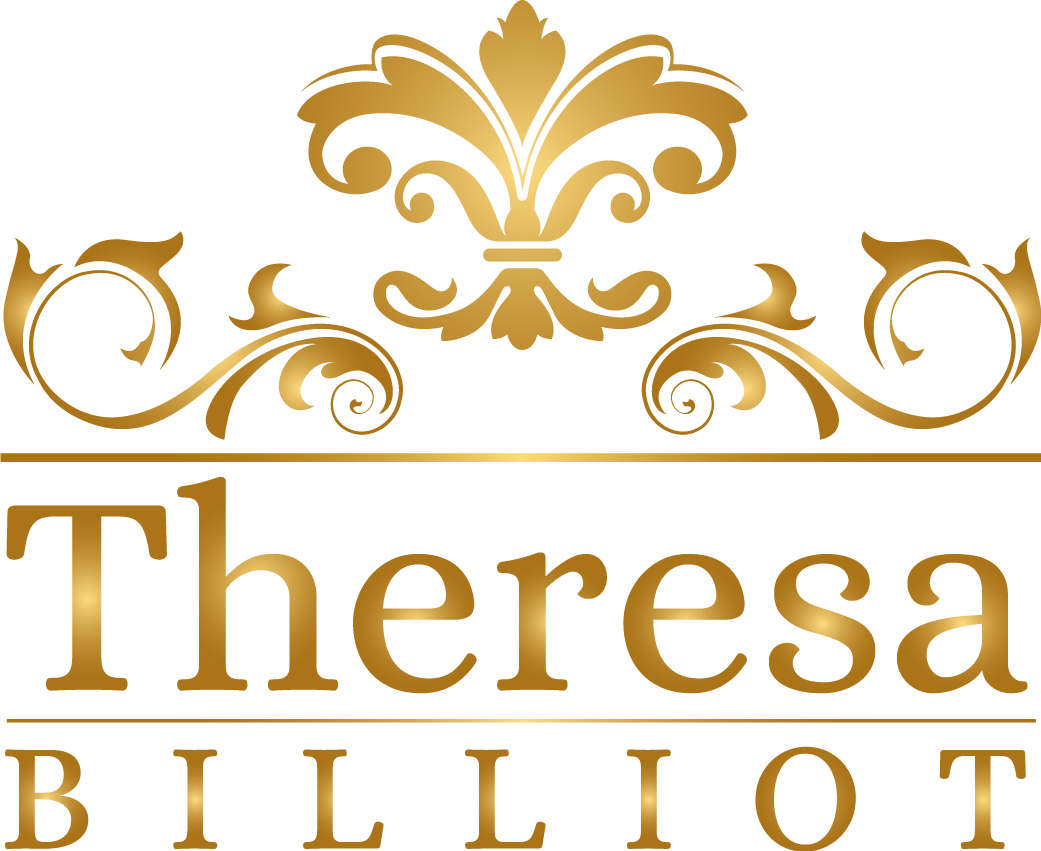Academic freedom in higher education is the principle that grants scholars, researchers, and educators the agency or autonomy to pursue, create, disseminate, and critique knowledge without undue interference, censorship, or retaliation. An important consideration when talking about academic freedom is that it’s not simply the freedom to do or say what you like as an academic. Rather, it represents an exploration of diverse perspectives within an academic field and challenges established paradigms.
Examples
In the field of Physics, academic freedom allows researchers to challenge established theories and explore alternative explanations for phenomena. For instance, consider the case of the debate surrounding the interpretation of quantum mechanics. Quantum mechanics presents various interpretations, such as the Copenhagen interpretation, the Many-Worlds interpretation, and the Bohmian mechanics interpretation. Physicists have the academic freedom to critically examine these interpretations, propose new ones, or suggest modifications to existing theories based on empirical evidence or theoretical considerations.
Another example comes from the field of Literary Theory, in which it enables scholars to explore diverse perspectives on literary works and challenge traditional interpretations. For example, the interpretation of classical literary texts like Shakespeare’s plays often undergoes scrutiny and reevaluation. Scholars might challenge conventional readings of characters, themes, or historical contexts. This offers new insights or alternative interpretations that enrich the discourse within the field. Academic freedom in literary studies allows for the exploration of diverse critical approaches. Examples include feminist theory, postcolonial theory, psychoanalytic theory, and deconstruction. These theories contribute to a deeper understanding of literature and its cultural significance.
Valuing Academic Freedom
Academic freedom may protect scholars, which allows innovation and new thinking to emerge. However, higher education faculty also need the time and resources to engage in research, scholarship, and creative activity that allows them to break new ground. This is why it must go hand in hand with valuing faculty scholarship. It gives faculty the freedom to engage in important and challenging research. In addition, it provides the time and space required for such research.
The Importance of Academic Freedom in Higher Education
Academic freedom serves a crucial role in the establishment of a healthy and productive workplace in higher education. It also aids in the long-term success and viability of colleges and universities. In addition, it encourages faculty to engage in scholarly and creative activities that contribute to the advancement of human understanding. Moreover, without academic freedom, higher education is at risk of becoming subservient to outside interests and stakeholders in politics and business. This outside influence can have a chilling effect on innovation and creativity in academia.
Academic freedom safeguards the rights of faculty members to teach, research, and express ideas without fear of retribution. Thus, it fosters an environment of intellectual curiosity, critical inquiry, and open discourse within the academic community. It is also a cornerstone of democratic societies. Meaning, it ensures the unfettered pursuit of truth, innovation, and intellectual exploration.
Challenges
The pursuit of academic freedom is not without its challenges. In an era marked by political polarization and ideological conflicts, faculty members often find themselves navigating contentious terrain. Pressures from external stakeholders, institutional constraints, and ideological biases can threaten it. These threats can stifle intellectual inquiry and constrain academic autonomy. Moreover, emerging issues such as online censorship and the commercialization of research further complicate the landscape of academic freedom. This can underscore the need for vigilance and advocacy.
Strategies to Safeguard and Promote
Because academic freedom impacts faculty innovation and productivity, institutions should develop strategies to safeguard and promote it. These strategies can include:
-
-
Establishing and Safeguarding Institutional Policies. Establish clear institutional policies that explicitly recognize and uphold academic freedom. These policies should outline the rights and responsibilities of faculty, students, and administrators regarding freedom of speech, research, teaching, and publication.
-
Faculty Governance: Empower faculty members to participate in shared governance processes. Faculty senates, assemblies, councils, and committees should have meaningful input into decisions affecting academic programs, hiring and promotion practices, and institutional policies related to academic freedom.
-
Tenure and Promotion: Maintain robust tenure and promotion processes that prioritize academic freedom and intellectual diversity. Tenure protections provide faculty members with job security and the freedom to pursue controversial research topics or express dissenting opinions without fear of reprisal.
-
Freedom of Expression: Foster an environment where diverse viewpoints and perspectives are welcomed and respected. Encourage open dialogue and debate on campus, and support initiatives that promote civil discourse and engagement with differing opinions.
-
Protection from External Interference: Defend against external pressures, including political, ideological, or commercial influences, that may compromise academic freedom. Institutions should resist attempts to censor or restrict academic research, teaching materials, or guest speakers.
-
Educational Programming: Develop educational programs and resources that promote an understanding of and its importance within the higher education community. Provide training and support for faculty, staff, and students on issues related to intellectual freedom, free speech, and academic integrity.
-
Coalition Building: Collaborate with other academic institutions, professional organizations, and advocacy groups to advocate for its protection at the local, national, and international levels. By working together, institutions can amplify their voices and address common challenges.
-
Legal Advocacy: Be prepared to defend academic freedom through legal means if necessary. Stay informed about relevant laws, regulations, and court rulings that may impact academic freedom rights. Be prepared to challenge unconstitutional or discriminatory policies.
-
Transparency and Accountability: Promote transparency and accountability in decision-making processes related to academic matters. Make sure policies are clearly communicated and consistently applied. Provide mechanisms for addressing grievances or disputes.
-
Public Engagement: Engage with the broader public to raise awareness about the importance of academic freedom and its role in advancing knowledge, innovation, and social progress. Advocate for policies and practices that support it within society as a whole.
-
By implementing these strategies, institutions can create an environment where academic freedom is valued, protected, and actively promoted as a fundamental principle of higher education.
For guidance on academic freedom, please contact Dr. Theresa Billiot.


Comments are closed